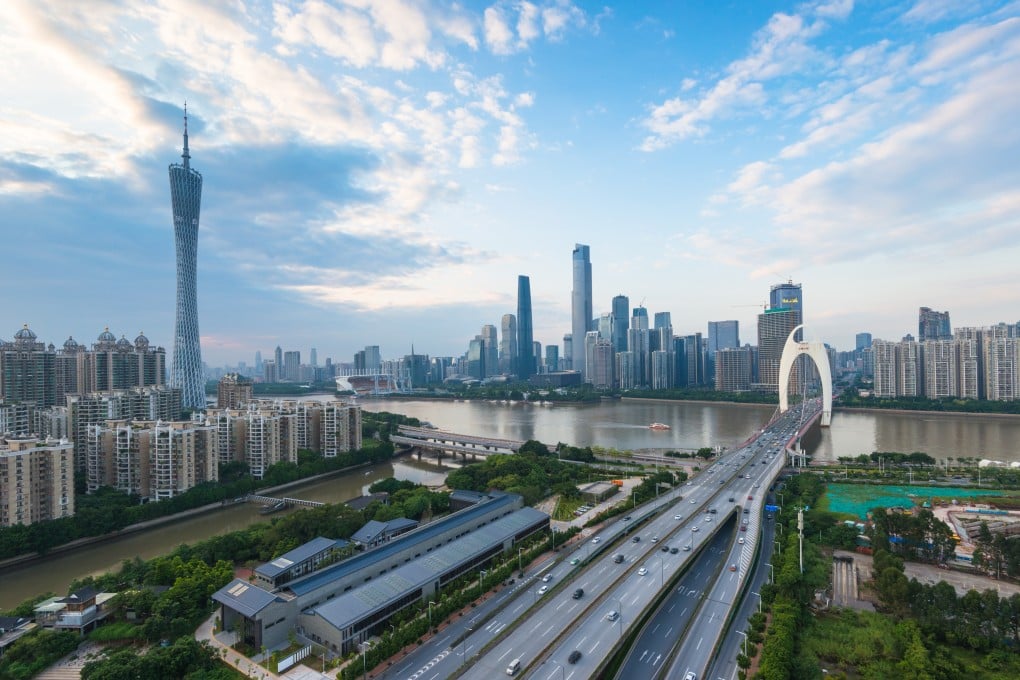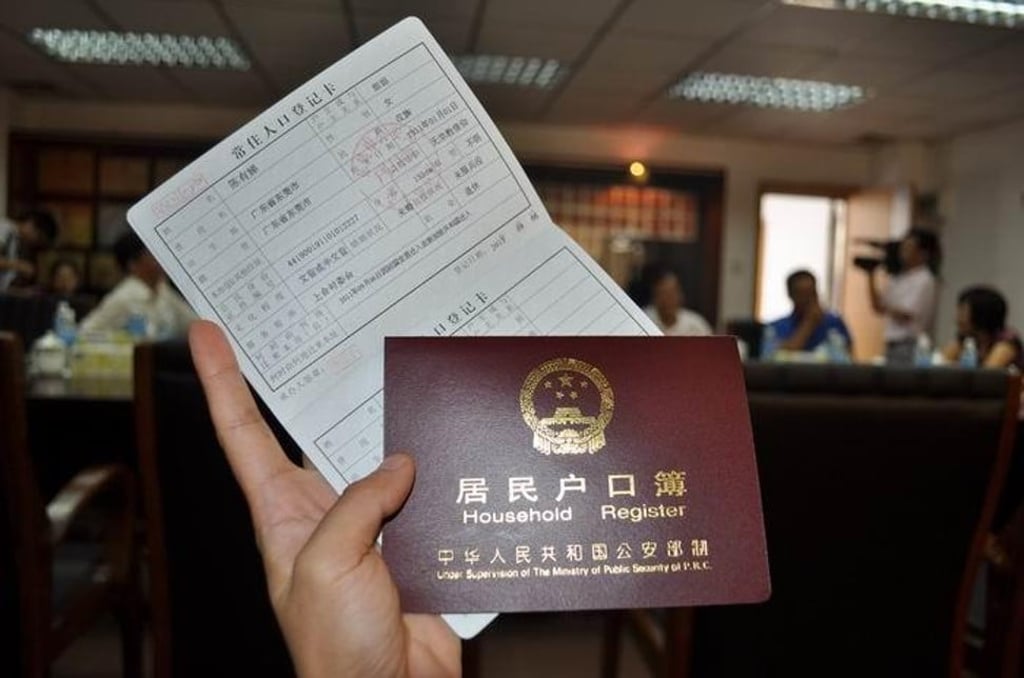Guangzhou joins China’s race for talented overseas graduates as economic competition heats up
- The capital city of China’s Guangdong province lowers its requirements to obtain a local residency permit, which is needed to access health care and education
- Many medium-sized cities are offering lavish incentives to recruit talent to boost their economic development

Guangzhou has lowered a major threshold for Chinese graduates returning from studying overseas who want to become legal residents of the coastal city, joining in a heated fight for skilled workers already underway between dozens of medium and large cities across the country.
The move to reduce the barriers to receiving a local hukou, the residency permit that allows citizens to receive state-funded services such as health care and education, is the latest move by the capital city of China’s Guangdong province as it seeks to fall in line with Beijing’s vision for the Greater Bay Area.
The Greater Bay Area is the Chinese government's scheme to link the cities of Hong Kong, Macau, Guangzhou, Shenzhen, Zhuhai, Foshan, Zhongshan, Dongguan, Huizhou, Jiangmen and Zhaoqing into an integrated economic and business hub, and to achieve that, an abundance of top young talent is necessary.
Graduates who start work in or create a start-up in Guangzhou within two years of graduating no longer need to first contribute to China’s national pension fund for at least six months to apply for a hukou, they simply need a record of having made a contribution to the social security fund.

Earlier this year, Guangzhou changed the age limit for holders of a bachelor’s or greater to obtain a hukou to 40, up from the previous limit of 35.